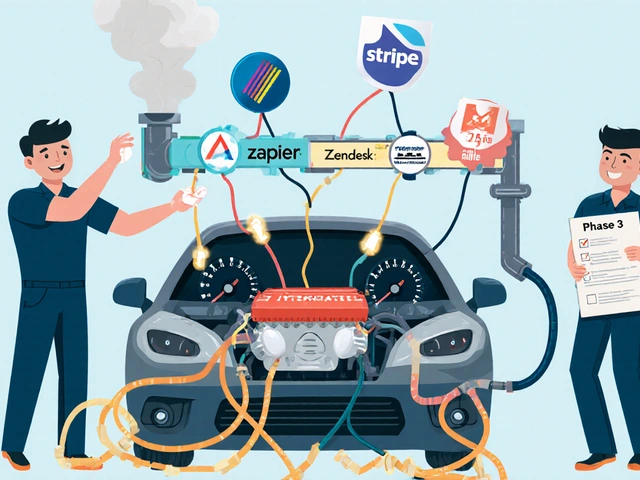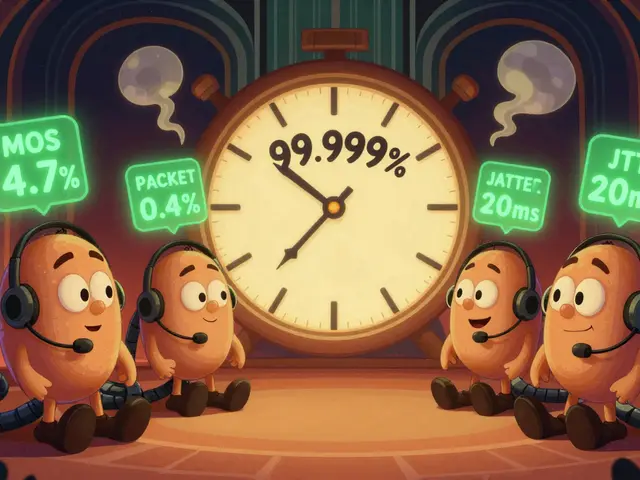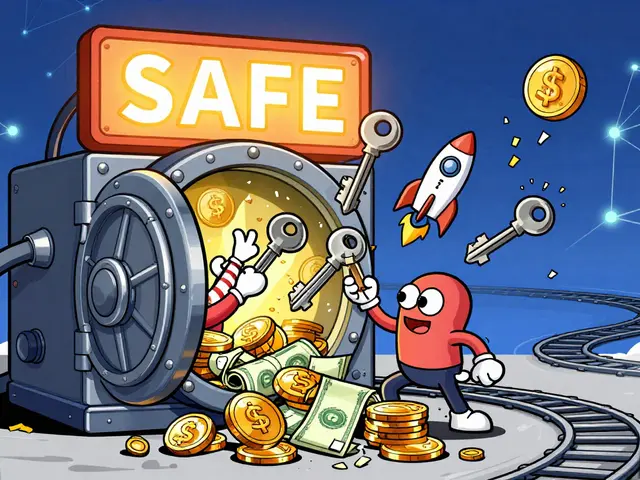Stadium Communication Systems: How VoIP Powers Live Event Connectivity
When you hear the roar of a crowd or the PA system announcing the next inning, you’re hearing the work of a stadium communication system, a network of audio, video, and data tools that keep events running smoothly for staff, fans, and emergency teams. Also known as sports venue communication infrastructure, it’s no longer just about loudspeakers and walkie-talkies—it’s built on VoIP, internet-based voice technology that replaces traditional phone lines with digital calls over network cables.
Modern stadiums need systems that handle thousands of simultaneous calls, push alerts to dozens of staff devices, and sync with security cameras and ticketing apps. That’s why VoIP for stadiums, a scalable, software-driven approach to voice and data communication in large venues is replacing analog radios and landlines. A single IP network can carry public address announcements, staff intercoms, security radio relays, and even live commentary feeds—all without extra wiring. Unlike old systems that needed separate lines for each function, VoIP lets you route any call to any device: a headset in the press box, a tablet in the concession stand, or a phone in the control room.
It’s not just about convenience. During emergencies, a public address system, the backbone of crowd management and safety announcements in large venues powered by VoIP can send targeted alerts to specific zones—like a single section or the VIP lounge—without broadcasting to the whole stadium. You can also integrate it with security systems so that when a door is forced open, the nearest staff member gets an instant voice alert. And because VoIP runs on the same network as Wi-Fi and ticket scanners, there’s less hardware to maintain, fewer points of failure, and easier updates.
Stadiums aren’t just big arenas—they’re complex communication hubs. From the janitor in the basement to the referee on the field, everyone needs to talk clearly, instantly, and reliably. That’s why the best venues today don’t just upgrade their speakers—they rebuild their entire voice infrastructure around IP. What follows are real-world examples of how teams use VoIP to cut costs, improve safety, and make events run smoother than ever before.
VoIP transforms sports venues by unifying communication for staff and fans. From emergency intercoms to live fan apps, modern IP systems cut costs, boost engagement, and keep operations running smoothly during live events.







